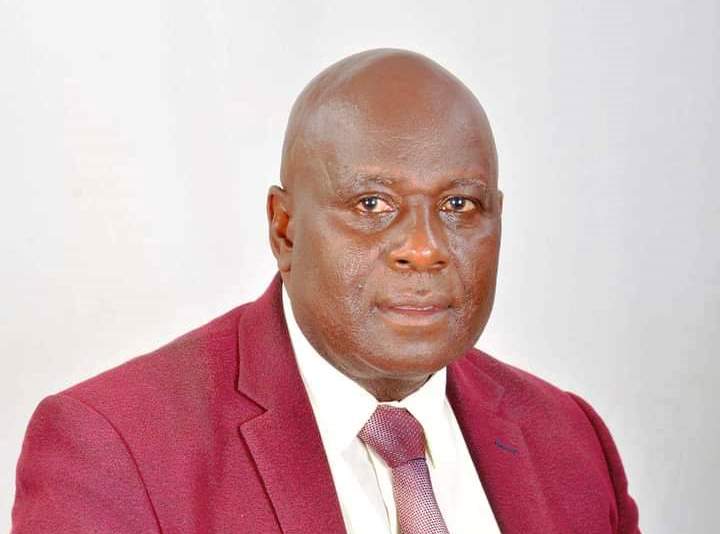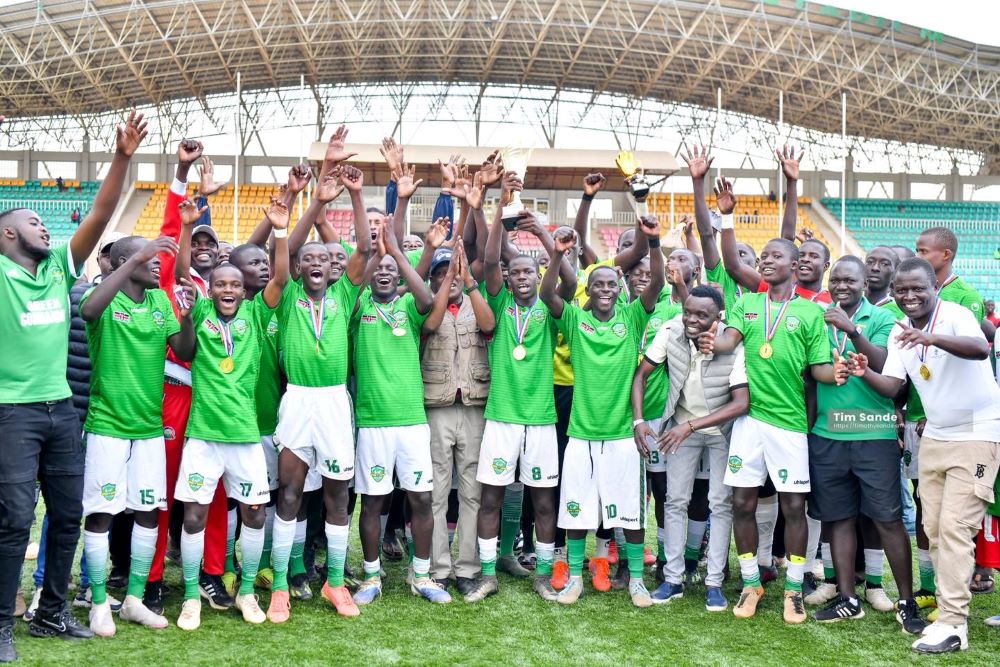A teachers’ trade union has suggested reforms in the management of Form Four examinations in the Country to make them reclaim their former credibility through total eradication of cheating.
The unionists said the continued unearthing of widespread cheating and other malpractices afflicting the examination systems had dented the country’s academic standards and the situation was bound to worsen if not stopped.
Kenya National Union of Teachers, (KNUT) Embu Branch Chairman Mr. Josphat Kathumi agreed with other stakeholders that those involved in aiding candidates to cheat must be punished.
While welcoming the decision by parliament to launch an inquiry over cheating in last year’s KCSE tests, Mr. Kathumi asked for concerted efforts between the trade unions, the government, teachers, the teachers’ employer and general public to end examination cheating once and for all.
Two teams of legislators headed by the chairman of the Education Parliamentary Committee Mr. Julius Melly are moving across the country listening to stakeholders in Education and other Kenyans on means through which to stem cheating.
While trade unions protect the labour rights of teachers in primary and secondary schools have in the past been known to fight viciously for their members’ labour rights especially when they face punishment, the need to curtail cheating seems to have united them in declaring that culprits including teachers should face the full force of available disciplinary measures.
While making their presentations to the parliamentarians who held a session with stakeholders at the Embu Kenya School of Government, speakers hugely vocal among them trade unions admitted that cheating was widespread and needed to be tamed no matter the price the country would pay.
Mr. Kathumi noted that while it was apparent that some examination setters could be culprits in facilitating leakages at any level of their interaction with the students and schools, ways to tackle suspected malpractices lacked.
Setting of examinations, Mr. Kathumi hence suggested should be rotational and not a monopoly of certain clique of teachers, some well-known in the teaching circles and who may have presently morphed into cartels who could be out there mortgaging examinations and in essence the academic and professional future of Kenya’s young generation.
He said that the apparent scenario as detailed by some stakeholder where some teacher had gained the tag of super examination setters could as well have created avenues for collusion between some schools and parents to access question papers irregularly to aid cheating and attainment of good grades for their students and children.
The KNUT boss suggested adoption of a rotational system of examination setting among the well-known and emerging setters to tame the present monopolistic stance the groups assigned to repeatedly set examinations in respective subjects had.
“Let us have a rotational system among those setting examinations, let avoid leaving the mandate to the same people because that can create a fertile ground for compromise and hence cheating”, said Mr. Kathumi adding that creators of examination questions should be people of integrity who should know that compromising the test could cause destruction of an entire generation of learners.
All stakeholders in Kenya, Mr. Kathumi told the parliamentarians had a stake in the safety and security of set examinations and that way anomalies could be minimized and where such are not being hence easy to be traced to their sources.
The trade unionist welcomed a suggestion by leading Embu’s veteran teacher and doyen of the teaching professionals in secondary school management in Kenya and Africa Peterson Muthathai that, the Country return to the old system of examination creation when teachers in respective subjects would contribute questions to be secured under an examinations’ bank by KNEC.
Those years, teachers involved in the work actually created their own original based on their years of experience teaching their respective subjects of specialization unlike today where a close study of questions ascertained that some had been lifted directly from text books and circulating question papers.
Some of the examination setters, it was claimed, disguised their outright leaking of the national examinations through offer or suspected sale of certain question papers to certain schools. Such schools hence ended up accessing examination materials quite in advance with teachers heavily familiarizing candidates with the questions.
Remedial measures, it was explained, took too long to be taken because such question papers whose origin could be traced to their original producers appeared to the right authorities long after the tests had been finalized.
Mr. Kathumi expressed fears that unless culprits in examination cheating right from the students to the teachers and even those involved in leaking the questions and the answers were punished and even blacklisted, Kenya’s position as an academic and professional powerhouse would continue to suffer and even collapse.
International and local experts in education have in the recent past been grappling with the questionable capacity of learners emerging from secondary schools with high grades-who fail in their first academic years as they attempt to read the sometimes prestigious courses their grades put them in at University.
The experts have said that unlike in the past when international universities never required Kenyan university candidates and graduates to take entry tests, presently it has become a norm due to compromises visited on the education system by widespread cheating in examinations.
By Robert Nyagah
Get more stories from our website: Education News
You can also follow our social media pages on Twitter: Education News KE and Facebook: Education News Newspaper for timely updates.






